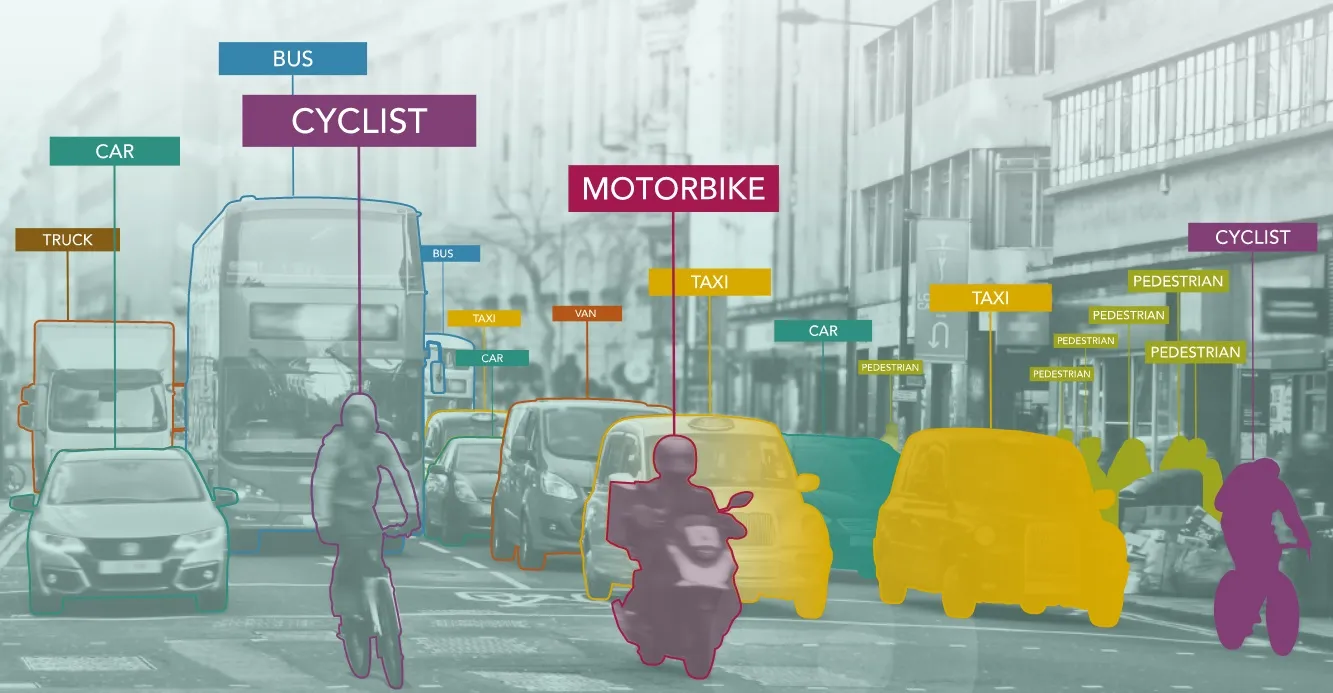
Vivacity Labs is installing more traffic monitoring sensors in Dartford, England as part of a smart city initiative to improve urban road designs.
Working in collaboration with Kent County Council and its maintenance partner Amey, Vivacity is putting in an additional 18 sensors following the successful installation of 32 insight sensors in February last year.
Using the anonymous smart data collected from the original 32 sensors, transport planners have been able to understand how road users interact with transport infrastructure and each other.
The combination of real-time data and predictive algorithms is enabling authorities to identify areas for road layout or infrastructure improvements and ultimately design a better road user experience.
Transport planners have also used near-miss analysis between vehicles and vehicles, pedestrians and cyclists to better understand these conflicts along with the traffic conditions that preceded them. With this knowledge, planners can “design-out” inherent road layout risks.
“As well as helping to make safer communities, these sensors will play their part in delivering our strategic aim of having no deaths on our county’s roads by 2050,” David Brazier, Kent council member for highways and transport.
The latest sensors in Dartford will count and classify the modes of transport using the highways at any given time, as well as monitor the usage and speeds of cars, buses, bicycles and pedestrians.
“Having accurate and detailed data is the key success when it comes to implementing new road schemes and network changes,” said Mark Nicholson, Vivacity Labs co-founder.
The work is part of the Adept Smart Places Live Labs programme, a two-year €27.23 million project funded by the UK’s Department for Transport and supported by project partners SNC-Lavalin’s Atkins business, EY, Kier, 02, Ringway and WSP.









